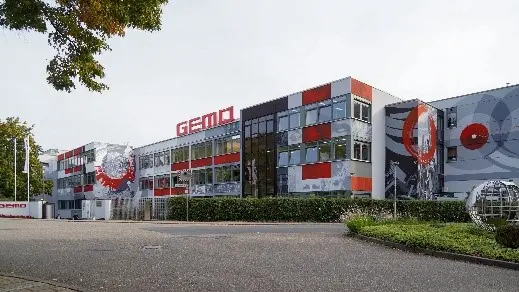1964 年, Fritz Müller创立盖米时,没人能预见由此将诞生一段独特的成功历程。如今,在第二代管理者的带领下,这家位于巴登 - 符腾堡州东北部的隐形冠军拥有 2500 多名员工,是全球阀门、测量与控制技术领域的市场领导者。除在德国设有两家工厂外,盖米还在巴西、中国、法国、印度、瑞士和美国运营生产基地。在诸多行业中,如医疗技术与制药、半导体生产以及食品饮料行业,对工艺介质(气体、蒸汽和液体)的控制至关重要。
自 1964 年Fritz Müller推出首款塑料(聚氯乙烯)工艺阀门,在阀门技术领域实现里程碑式突破以来,盖米在塑料加工方面便拥有了悠久传统。如今,盖米在各类工艺中使用 100 多种不同的塑料,以制造其丰富的产品组合。盖米的研发部门致力于创新,开发符合最严格标准的客户定制解决方案 —— 所有工装模具制造均在内部完成。为满足注塑成型领域日益严苛的质量要求,盖米已在其德国、瑞士和法国的生产基地采用了奇石乐的测量技术和工艺监控系统。将型腔压力传感器与直接集成到设备中的监控和控制系统相结合,能够基于具体案例标准,有针对性地开发和优化注塑成型工艺。








![Plastics processing at the highest level [object Object]](https://kistler.cdn.celum.cloud/SAPCommerce_Document_Preview/961-965e.webp)